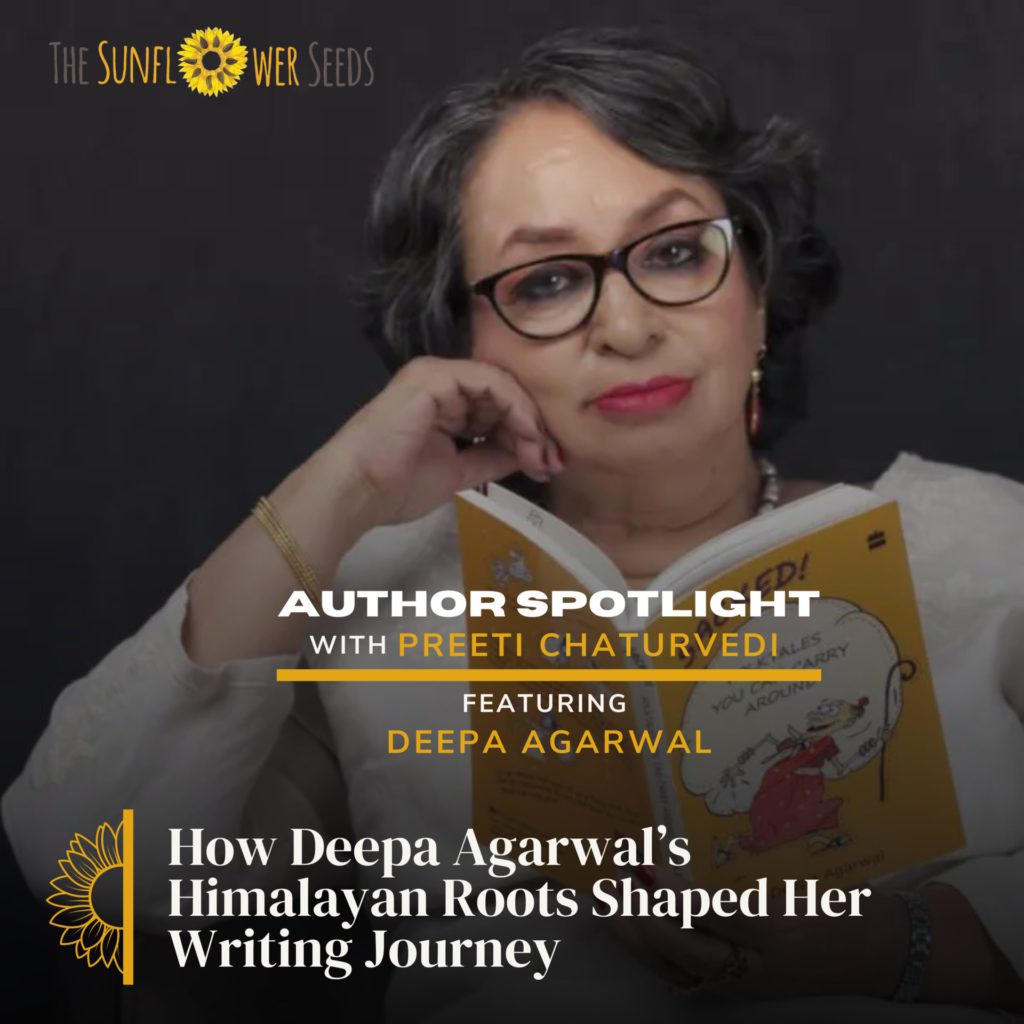When people wonder on how to write a book, they rarely think of book development; but behind every completed book that captivates readers is a process known as book development. It’s far more than just writing a book, it’s a journey that transforms the mere concept of a story into a fully-fledged book. It is the weaving together of intricate plots, varied characters, and thought-provoking themes into a cohesive and readable book.
In this article, we will delve into the world of book development, exploring its various stages and highlighting the crucial role it plays in crafting a remarkable literary masterpiece.
Book development involves the multifaceted process of refining an initial idea or concept into a complete and polished manuscript. Besides writing a book, it involves meticulous planning, thorough research, and creative exploration to bring a story to life. While the stages of development can vary in order from author to author, the essence remains constant: all the efforts that go into creating a cohesive and immersive reading experience that resonates with the audience.
The Stages of Book Development:
Idea Generation: Book development begins with the first spark of an idea. It might be a fleeting thought, a compelling image, or a thought-provoking question that is the first spark that will lead to a story.
Authors have been known to draw inspiration from personal experiences, historical events, current affairs, or their own vivid imagination.
Conceptualisation and Planning: Once the initial idea takes root, authors delve deeper into conceptualising the story. They outline the plot structure, develop characters, and consider themes. A clear plan serves as a roadmap for the writing process and helps to streamline it.
Research Phase: Depending on the genre and subject matter, extensive research might be necessary. This could involve studying historical periods, cultural nuances, scientific concepts, or any element that adds authenticity to the narrative. We live in a well-educated world where most everyone who will have access to your book will have access to the internet. They can easily fact-check if what you’ve written is wrong and that will undermine your credibility as an author, so do your research well.
Writing and Drafting:
This is where the story comes to life on the pages. Authors draft the manuscript, letting their creativity flow. Try to stick to the established structure but don’t be surprised if your story has a life of its own. Write all you want but keep in mind that first drafts are a starting point, often requiring revisions and refinements. Not all of this will be in the book and a lot might change, but that’s all part of the process.
Revision and Editing:
The revision process involves multiple rounds of editing. In the first part the authors themselves, edit, focussing on refining character development, strengthening plot arcs, enhancing dialogue, and ensuring consistency throughout the text. The next stage is professional editing, which is a crucial part of polishing the manuscript, an outsider’s critical opinion might be hard to hear, but is necessary for your book to grow. Make sure your literary agent finds an editor best suited to your manuscript.
Feedback and Beta Reading:
Sharing the manuscript with beta readers provides invaluable insights from an external perspective. Their feedback helps authors identify areas for improvement and gain a reader’s viewpoint.
Further Revisions:
Based on the feedback received, the authors make all the revisions to fine-tune the manuscript. This could involve restructuring scenes, addressing plot holes, enhancing character motivations, or streamlining the unnecessary.
Final Polishing:
The final stage involves meticulous proofreading and line editing to ensure the manuscript is error-free and polished to perfection.
Throughout the book development process, nurturing your authorial voice is paramount. This unique voice is what distinguishes your work from another’s and will add authenticity to the narrative. Book development allows authors to refine their voice, experimenting with different styles and techniques until they find a harmonious balance that resonates with the story they wish to tell.
Book development is a dynamic fusion of creativity and craft. While creativity fuels the imagination and all your raw writing, craft involves honing the technical aspects of storytelling and editing your work into a masterpiece. Balancing these elements is essential to create a book that not only captivates but also delivers a satisfying and impactful reading experience.





